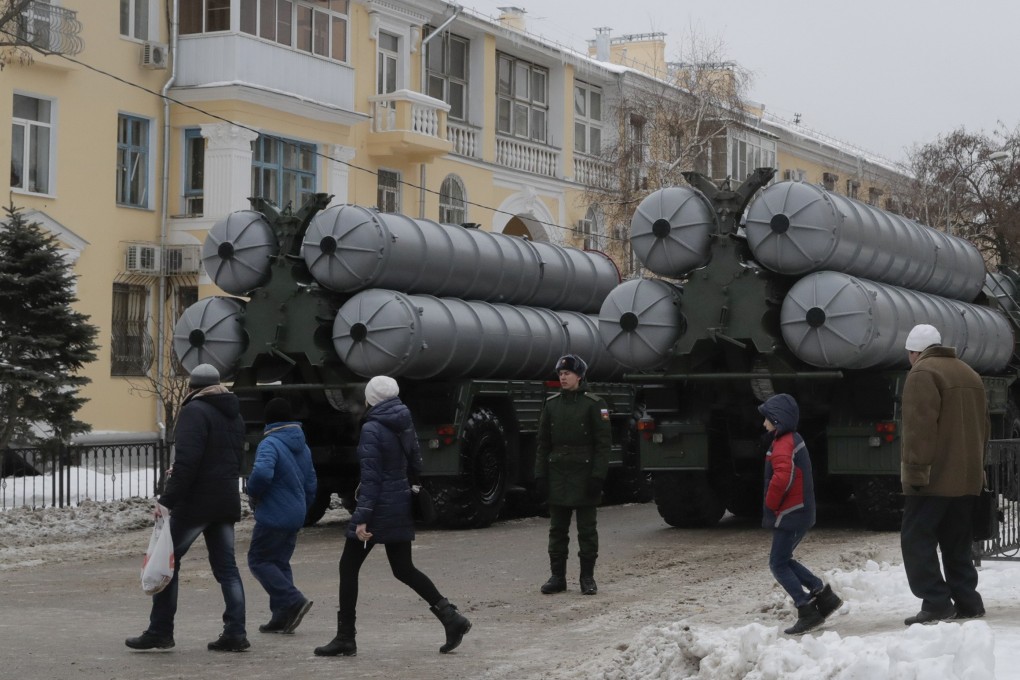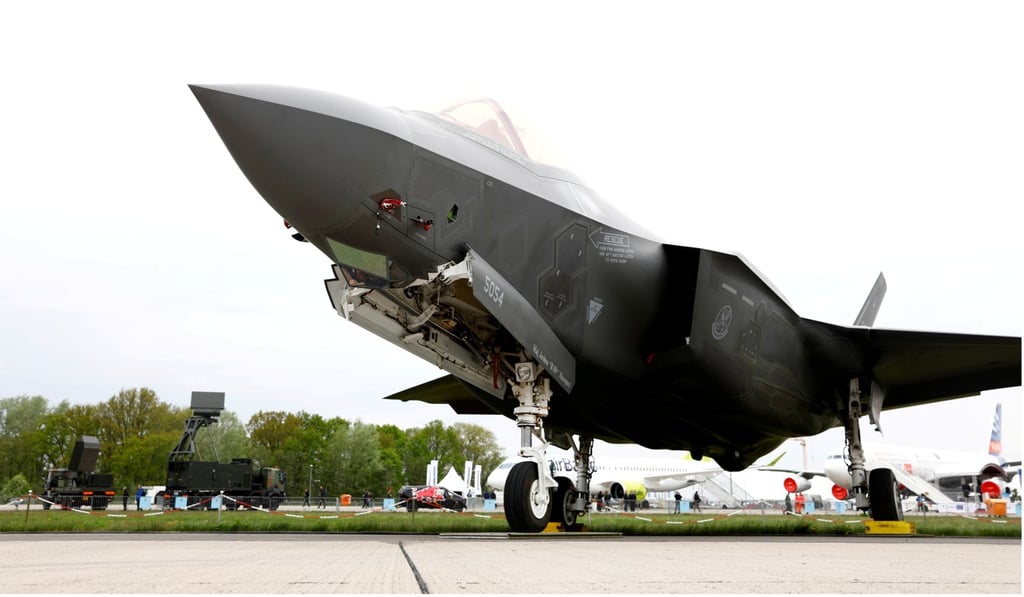US gives Turkey July 31 deadline to scrap Russian S-400 missile defence system deal
- Pentagon also phasing out Ankara’s role in F-35 fighter jet production and ending training courses for Turkish pilots

The Pentagon has warned Turkey that it will suspend training of its pilots on the advanced F-35 fighter jet at the end of July and terminate Turkey’s participation in the fighter jet programme if it buys Russia’s S-400 missile defence system.
Acting Defence Secretary Patrick Shanahan, in a letter sent on Thursday to Turkey’s Minister of Defence Hulusi Akar, said Turkish pilots at Luke Air Force Base in Arizona would have time to complete their flight training by July 31, but no new students would be accepted.

In addition, Turkey’s participation in the programme, such as producing hundreds of parts that make up the F-35s fuselage and engines, would be phased out. The Pentagon said the phase-out would occur over time so as not to disrupt the F-35 production line, but would end early next year.
“All actions taken on the F-35 are based on risks the S-400 presence in Turkey would have,” Shanahan wrote to his Turkish counterpart.
Four F-35’s Turkey bought are still in US custody at Luke AFB and will not be transferred to Turkey at this time, a defence official said.
The Pentagon is considering whether Turkey could be reimbursed for the jets, which now cost roughly US$90 million each.